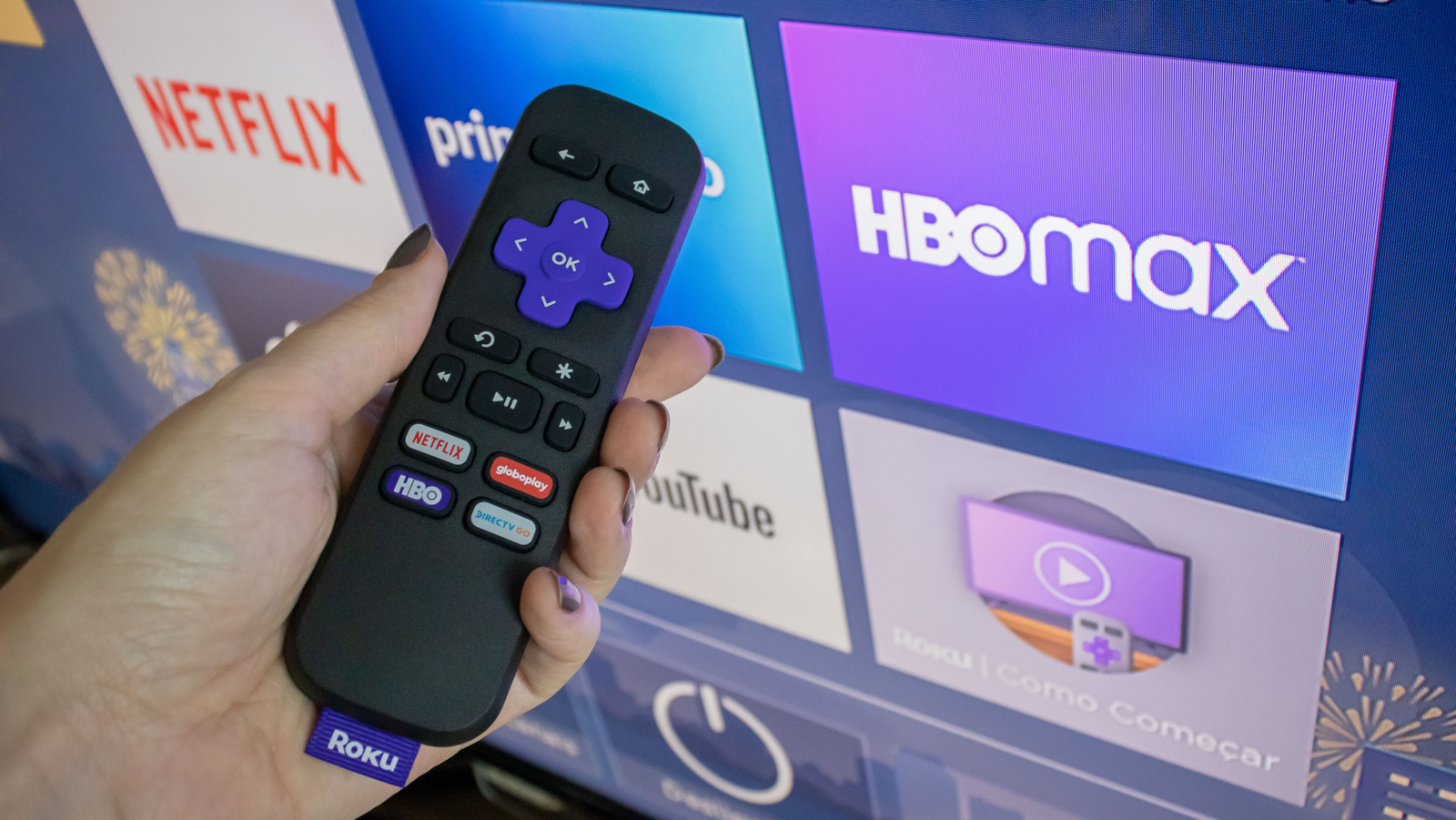OpenAI has completed a restructuring of the company, converting its for-profit arm into a public benefit corporation and giving its nonprofit a controlling stake, the ChatGPT maker announced Tuesday.
It also signed a new agreement with Microsoft, a major investor in the AI firm that now holds a 27 percent stake in the company.
“OpenAI has completed its recapitalization, simplifying its corporate structure,” said Bret Taylor, chair of the OpenAI board of directors, in a blog post. “The nonprofit remains in control of the for-profit, and now has a direct path to major resources before AGI arrives.”
The AI firm initially detailed plans last December to restructure the company and remove the nonprofit’s control over the for-profit arm. However, it ultimately walked back this plan in May, announcing the nonprofit would retain control following discussions with civic leaders and state officials.
Under the restructuring announced Tuesday, the nonprofit now called the OpenAI Foundation will hold a stake worth about $130 billion, or 26 percent of the company. It can receive additional ownership as the for-profit company’s valuation grows.
Taylor underscored that this makes it “one of the best resourced philanthropic organizations ever.”
“The more OpenAI succeeds as a company, the more the non-profit’s equity stake will be worth, which the non-profit will use to fund its philanthropic work,” he added.
The Microsoft deal, also announced Tuesday, will retain the close partnership between the two companies, with some key changes. Microsoft will now have intellectual property rights for OpenAI’s models and products through 2032, including post-artificial general intelligence (AGI) models.
AGI refers to technology that can achieve humanlike intelligence. The new agreement also stipulates that an independent panel of experts will verify when OpenAI declares it has reached AGI. A revenue sharing agreement between the two companies will remain in place until AGI is reached.
Under the deal, OpenAI will also now be free to develop some products with third parties, while Microsoft can develop AGI alone or with other parties.









